The art of expressing one's emotions is a real challenge in itself. We can say it is not for everyone. This is the apparent reason why not everyone can be a writer, tap into people's emotions, and gather an audience.
In this blog, we will explore the art of emotive language. You will also find 30+ creative, emotive language example sentences. So without any further delay, let's get into it
What Is Emotive Language
Emotive language is used to stir emotional feelings in the readers. In simple words, the definition of emotive language is when you use words that make people feel emotions like happy, sad, angry or inspired.
Let us know more about this language with an example. Imagine you had a test. So rather than saying, 'the test was hard', you may say, ‘That test crushed my soul!’ Here you see the difference? One just gives basic information, and the other makes you feel the stress and frustration behind it.
Now that you know what emotive form is. Let us learn more about it to include excellent emotive language sentence examples in your work.
Get Assignment help!Where to Use Emotive Language?
You may have understood what emotive language is. It uses strong and assertive words to influence the reaction of readers or listeners. The primary aim of this language is to evoke a strong response from the audience. You may call it an emotionally charged language for its intensity. You can use emotive language words in:
Essay and Debates
You can use emotive words in your persuasive essays and debates. They will stir intense emotions and make your audience interested. You can seek essay writing services to add emotive sentences in your essay and make it more compelling.
In debates, particularly, the choice of the right intensity of words can build emotions and gather listeners to your side.
Creative Writing
In creative writing formats, emotive words in sentences can help you create emotional depth in characters, settings, and plots. Thus, allowing readers to emotionally connect with the narrative.
Social Media Posts
You may come across social media posts that garner a wide range of audience and become a hit? These posts usually use emotive words to get immense support.
As humans are emotionally wired, we do connect with such posts. It shows clear examples of emotive language in action.
Advertising and Marketing
Have you come across examples of emotive language sentences in any advertisement campaign? You must have. It is nothing new; many marketing campaigns use powerful words to capture audience.
Public Speaking and Presentations
There are varied types of emotive language in public speaking. It evokes a strong response from the audience. Moreover, it can engage people, inspire motivation and strengthen their persuasion.
It is used in public speeches to build a connection with listeners and emphasize key points.
30+ Emotive Language Sentences
Here is a list to explain to you where emotive language is used in writing. These are categorised into emotive and non-emotive to help you understand better.
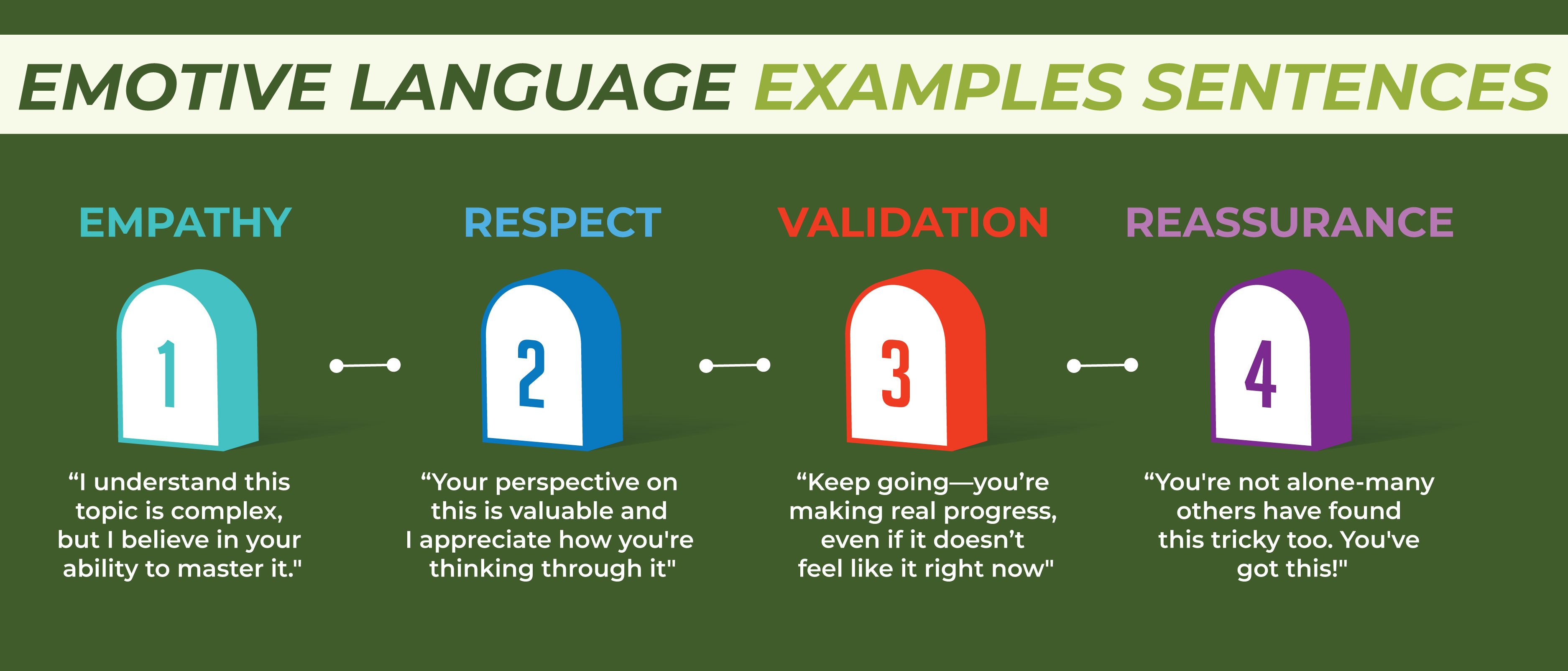
- Non-emotive: The test was difficult.
Emotive: The test felt like a mental roller coaster that drained every ounce of energy from me. - Non-emotive: I was afraid about the grades of the history exam.
Emotive: My hands trembled and my heart thumped as I stared at the question paper. - Non-emotive: I completed my homework after days.
Emotive: I finally conquered the mountain of homework, relaxed with a euphoric mood. - Non-emotive: I got good grades in my essay.
Emotive: My heart soared when I saw the excellent “A+” in red at the top of my paper. - Non-emotive: I did not know what the lecture was about.
Emotive: I sat frozen in confusion, as if the teacher spoke a serpent language that I had never heard in my entire life. - Non-emotive: The teacher gave us homework.
Emotive: Our teacher dropped the bomb, three pages of questions, each one screaming louder than the last in my mind. - Non-emotive: Today’s lecture was very boring.
Emotive: My eyelids drooped as the monotonous voice echoed, each word becoming heavier to hear - Non-emotive: The school tour was fun.
Emotive: Every moment of the trip sparkled with adventures and laughter, creating new memories that I will never forget. - Non-emotive: I studied all night before the exam.
Emotive: I tossed with flashcards and textbooks deep into the night with heavy eyes anda buzzing mind. - Non-emotive: I was quite happy with my chemistry project.
Emotive: A wave of pride rushed over me as I admired the work. - Non-emotive: The group project was very annoying.
Emotive: I clenched my teeth in frustration as chaos and conflict drowned out any sense of group project. - Non-emotive: I had the worse day today.
Emotive: The day dragged me through stress, silence, and left me mentally bruised. - Non-emotive: I love art class.
Emotive: Art class feels like freedom- my thoughts splash across the canvas in bursts of color and emotion. - Non-emotive: I was tired after school.
Emotive: My body felt like jelly, and every step home was a silent plea for rest. - Non-emotive: The morning assembly was too long.
Emotive: Time slithered as I sat stiffly, each second felt like counting the drops of water in the ocean. - Non-emotive: I am not happy with my grade in an essay.
Emotive: My heart sank when I saw the red mark, and had a burning disappointment. - Non-emotive: The lab experiment was cool.
Emotive: Watching the chemicals fizz and swirl felt like witnessing a tiny world explode with life. - Non-emotive: I was so bored in class yesterday.
Emotive: My mind wandered in thoughts, lost in a fog of yawns, and waited for the clock to tick. - Non-emotive: I liked the story we read in that book.
Emotive: The story gripped me like a dream lived every moment with the characters. - Non-emotive: I was late for school yesterday.
Emotive: Panic knots deployed in my stomach as I raced through the gates, every beat pounded louder than my footsteps. - Non-emotive: I finished my revision of the coursework.
Emotive: After hours of focus and fatigue, I closed my notes that felt like crossing the finish line. - Non-emotive: I didn’t enjoy the movie.
Emotive: The movie dragged on like a sleepless night, dull and draining. - Non-emotive: I was excited to present.
Emotive: My nerves buzzed with electricity as I stood, heart leapt with adrenaline and hope. - Non-emotive: I forgot to do my homework.
Emotive: My stomach dropped as I reached into my bag—empty hands, cold dread. - Non-emotive: My classmate was kind.
Emotive: Her kind words wrapped around me like a blanket on a cold day. - Non-emotive: I liked the poem you wrote.
Emotive: The poem tugged at something deep inside me, like a whisper and touched my heart to the core - Non-emotive: The techno party was loud.
Emotive: The music roared like a super sonic wave, the sound left me exhilarated and sent an adrenaline rush to my veins. - Non-emotive: I had a lot of fun at the fair.
Emotive: Being at the top of the ride, a majestic view came before me, as laughter filled in the air and we saw the golden scenario of the sunset. - Non-emotive: My friend helped me.
Emotive: In the darkest moment, my friend’s support felt like a lifeline pulling me back to shore. - Non-emotive: I didn’t sleep well.
Emotive: I tossed and turned, trapped in restless waves of thought that refused to let me drift.
Now that you have come to the end, we hope that you understand the meaning of emotive language, meaning, and examples with this curated list. For a polished document, you can use a grammar checker to get error-free essays.
Understanding The EAR Framework
The emotive language techniques contain a striking art of expression, written to elicit a strong response from the reader.
The EAR framework stands for :
- Empathy
- Attention
- Respect
It is a technique used to express empathetic emotions, promote active listening skills. Moreover, it shows consideration and respect for the person. It also helps to create a safe climate for them to express. The following list entails some examples of this framework.
- Empathy- Here, you understand the person and their feelings. Example- 'I know you are upset about that day'
- Attention- You try to listen to the person and their feelings with utmost attention. Example- 'Iam here to listen to your problems'
- Respect- In this, you show that you care about a person's opinions. Example- 'I respect how you feel about that day.’
You have gained insight about the framework. If you are still confused, assignment help USA can assist you with emotive writing.
The Negative Side of Emotive Language: Risks and Concerns
The use of emotive language is to connect with others. Moreover, it makes your message more powerful. It is more like you put emotion into your words rather than stating facts. However, it also has opposing sides when it is misused or overused. Here are some of the main drawbacks of this language.
|
Issue |
Explanation |
|
Manipulation |
Emotive language can evoke opinions by triggering feelings instead of presenting facts. |
|
Distort Truth |
Emotional wording can exaggerate or minimize facts, which leads to biased interpretations. |
|
Encourages Division |
Strong emotional tones often pit groups against each other. It increases the social and political divide. |
|
Undermines Logic |
Emotional appeals override reason. It causes people to react impulsively rather than think critically. |
|
Targeting Vulnerability |
Marketers, politicians, and media can exploit emotions to influence those who are emotionally vulnerable. |
All these are the negative aspects of emotive language. For any problems, you can also seek English assignment help for tailored support.
Unlock The Power Of Emotive Language With Our Experts!
Are you still confused about using emotive language in your creative work? We get it! Even with the best guide, using emotive words in work can feel challenging.
You may not understand the context of using a particular word. But do not worry. The expert writers of Global Assignment Help can provide comprehensive support for your academic needs. We provide :
- High-Quality Work
- Plagiarism-Free Content
- Unlimited Revisions
- Secure Payment Options
- Affordable Pricing
Don't let the deadline-related stress drag you down. Take our help and ace your academic papers with professional writing services
Free Tools

Easy to Use Paraphrasing Tool to Simplify Complex Academic Writing
Check Now
Get Structured Outline by Professionals for Your Dissertation
Check Now
Effortlessly manage citations and references with our smart referencing tool
Check NowPrice Calculator
- Plagiarism
- Pricing
- Order Now
- Call Back
- Live Chat

Limited Time Offer
Exclusive Library Membership + Free 300$ Wallet Balance

Get $300 Now
Update your Number

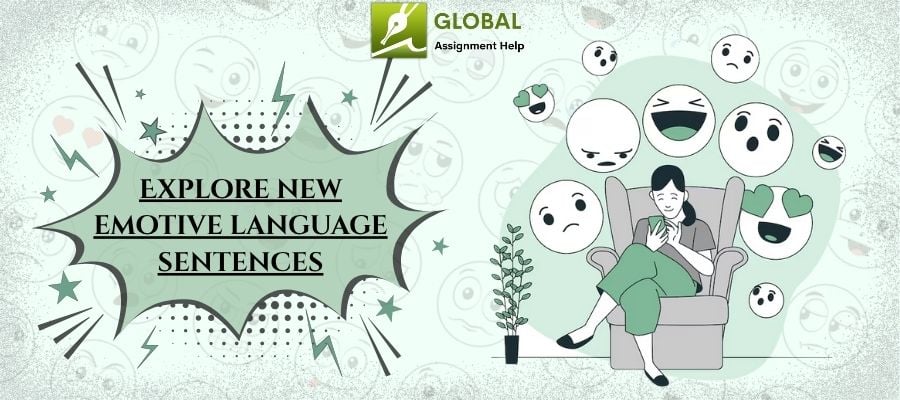






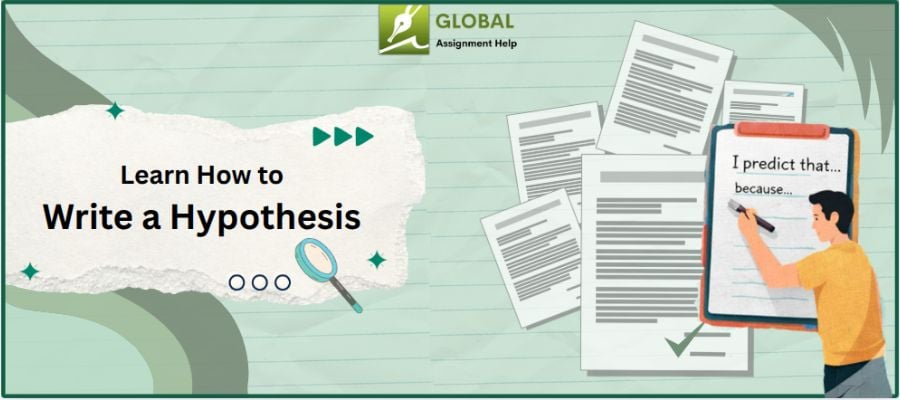
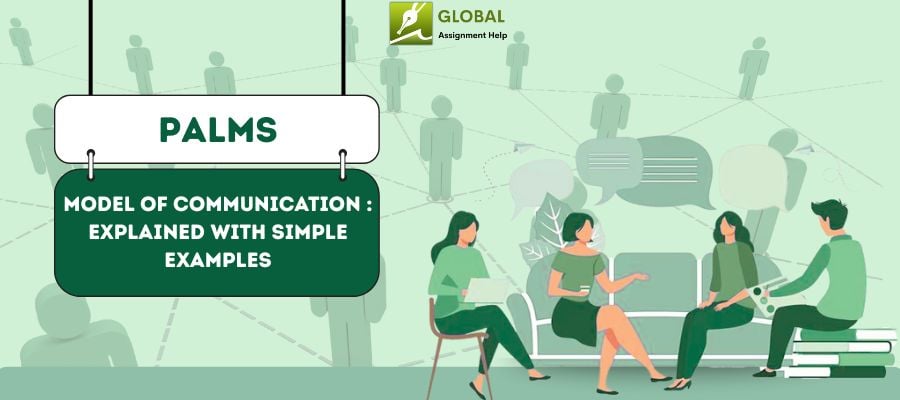
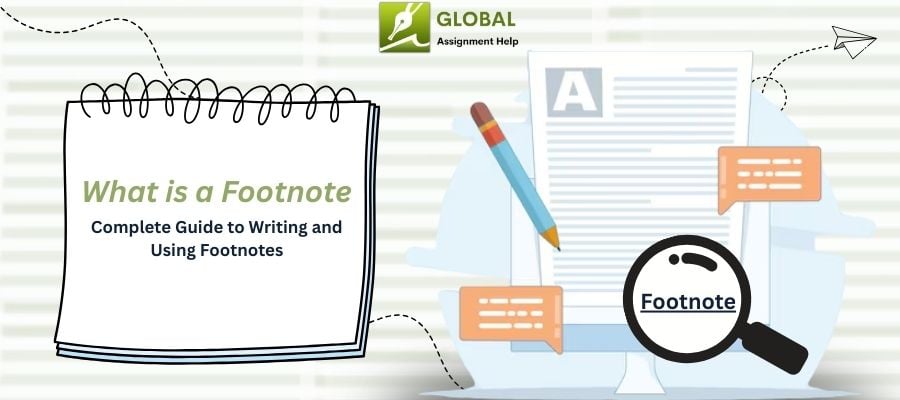


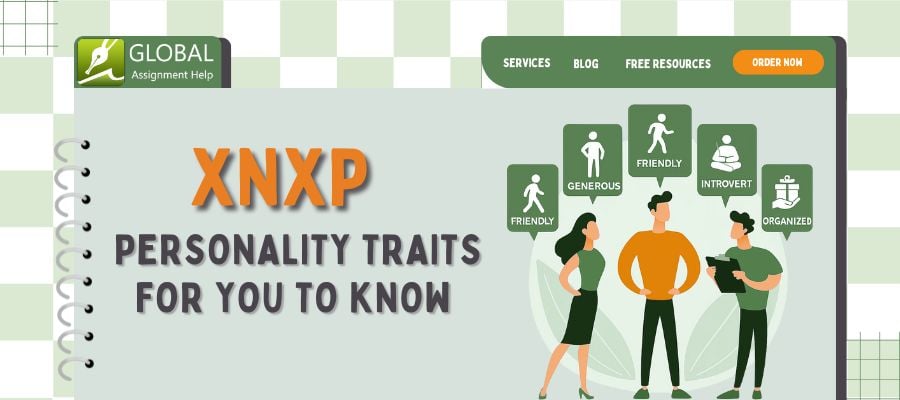
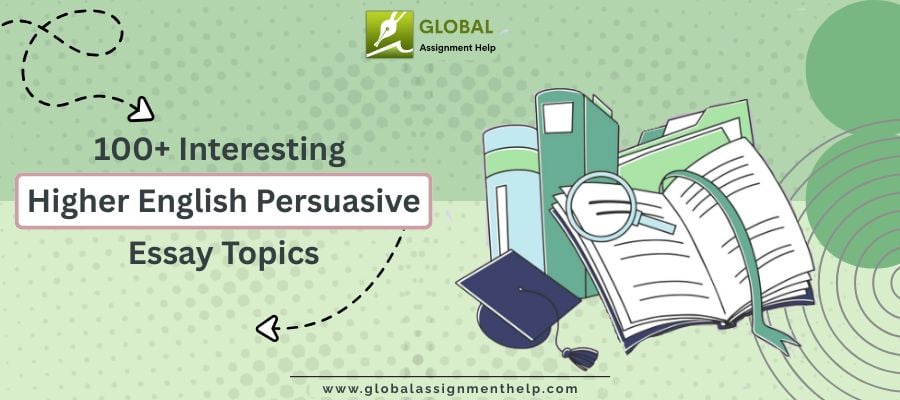














Thank you for submitting your comment on this blog. It is under approval. We will carefully review your submission and post it on the website.